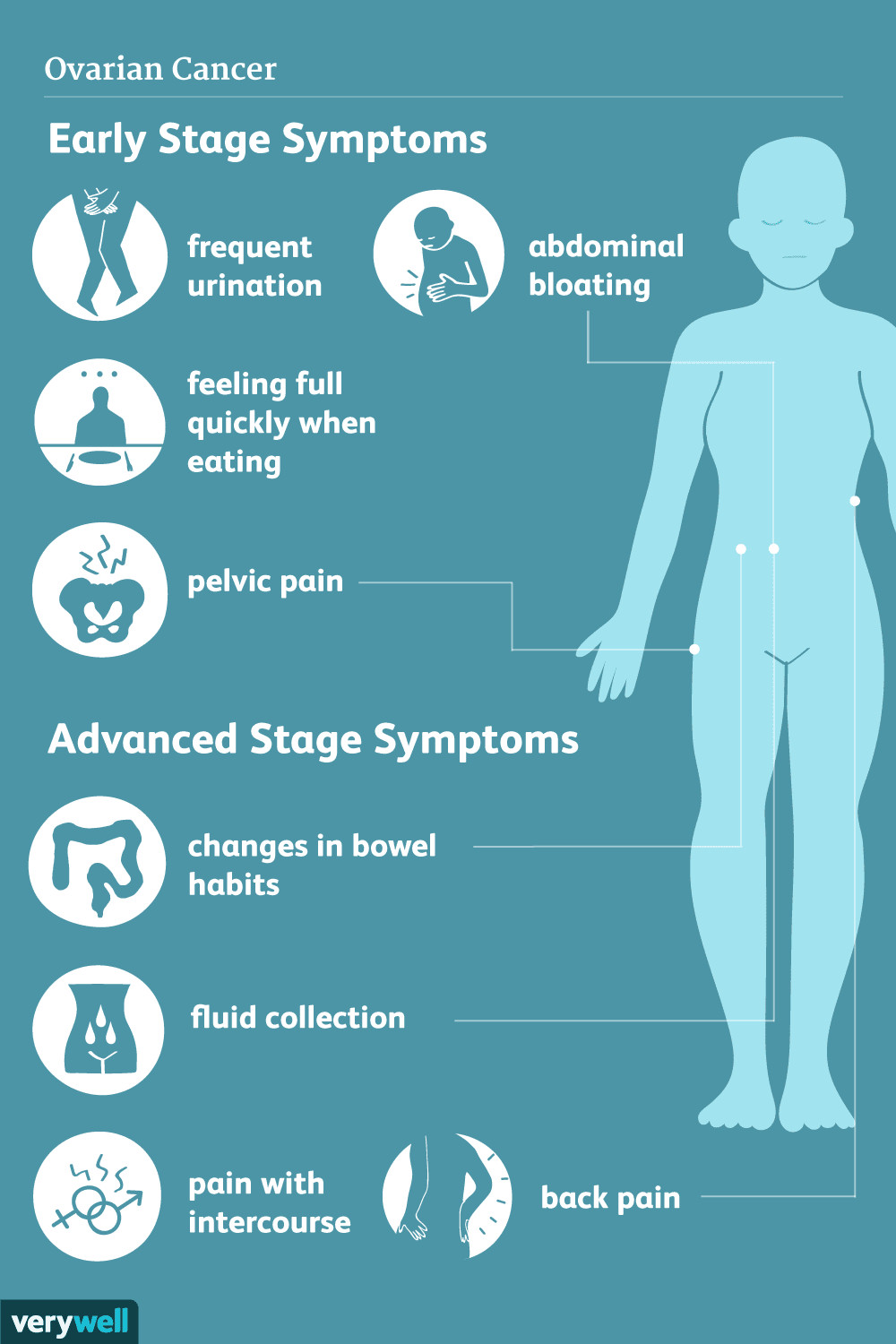A New Hope for Early Ovarian Cancer Detection: Symptom-Triggered Testing Shows Promise
Ovarian cancer is a silent killer, often diagnosed at late stages when treatment options are limited. However, A recent study published in the International Journal of Gynaecological Cancer has brought a glimmer of hope for early detection and improved outcomes. The study investigated the efficacy of symptom-triggered testing in detecting early-stage ovarian cancer, specifically the most aggressive form, high-grade serous ovarian cancer.
The Importance of Early Detection in Ovarian Cancer
Early detection of ovarian cancer is crucial for survival. According to the International Federation of Gynecology and Obstetrics (FIGO), early-stage ovarian cancer (stage I or II) is associated with significantly higher five-year survival rates compared to advanced-stage disease. However, the vagueness of symptoms and the low prevalence of ovarian cancer make early diagnosis challenging.
Symptoms to Watch Out For
Clinicians have identified a symptom triad that can be indicative of ovarian cancer: increased abdominal size and bloating, early satiety (feeling full quickly), and pain. These symptoms, however, can also be associated with other conditions, making it difficult to distinguish them from benign causes.
Symptom-Triggered Testing: A Promising Approach
To address the challenges of early detection, symptom-triggered testing has emerged as a promising approach. This method involves prompt referral of women experiencing the telltale symptoms to a gynecologist for further investigation.
How Symptom-Triggered Testing Works
The UK has adopted a symptom-triggered testing protocol since 2011. Women with suspicious symptoms are tested for cancer antigen 125 (CA125) levels in their blood and undergo a transvaginal ultrasound scan. Abnormal results trigger a fast-track referral for a hospital review within two weeks.
The ROCkeTS Study: Evidence for Early Detection
The recent study, part of the Refining Ovarian Cancer Test accuracy Scores (ROCkeTS) observational study, analyzed data from 1741 women who were fast-tracked for treatment under the symptom-triggered testing rapid access pathway. The results were promising:
-
High detection rates: The study revealed that 25% of women with high-grade serous ovarian cancer were diagnosed at an early stage (I or II) through symptom-triggered testing.
-
Complete cytoreduction: A significant number of women (61%) achieved complete cytoreduction, meaning all visible cancerous tissue was removed during surgery.
Implications of the Study Findings
These findings provide strong evidence that symptom-triggered testing can effectively identify women with early-stage high-grade serous ovarian cancer. This early diagnosis can lead to more effective treatment options and potentially improve survival rates. The study also highlighted the importance of public awareness of ovarian cancer symptoms to encourage women to seek medical attention promptly when experiencing any persistent or unusual symptoms.
Looking Ahead: The Future of Ovarian Cancer Screening
While the current study provides compelling evidence for the efficacy of symptom-triggered testing, further research is needed to confirm these findings and investigate the long-term impact on survival rates. The study also underscores the need to refine existing risk prediction models and develop new diagnostic tools to improve the accuracy and efficiency of ovarian cancer screening.
A Call to Action: Empowering Women
The fight against ovarian cancer requires a multifaceted approach. Early detection is key, and symptom-triggered testing offers a promising solution. By raising awareness about the symptoms, encouraging timely medical attention, and supporting further research, we can empower women to take control of their health and potentially improve the odds of survival for this devastating disease.
What the Experts Are Saying
Professor Sudha Sundar, lead author of the study and Professor of Gynaecological Cancer at the University of Birmingham, stated, “Our findings demonstrate that in a real-world setting, symptom-based testing can potentially lead to diagnosis of high-grade serous ovarian cancer with low disease spread and results in a high proportion of complete surgical removal of the cancer.”
She further emphasized the importance of increasing awareness of ovarian cancer symptoms to facilitate earlier diagnosis and referral through the fast-track pathway to improve patient outcomes.
Conclusion: A Brighter Future for Ovarian Cancer Patients
Symptom-triggered testing represents a significant advancement in the fight against ovarian cancer. It offers a practical and effective approach for early detection and potentially improved survival rates. By understanding the symptoms, seeking timely medical attention, and supporting ongoing research, we can collectively work towards a brighter future for ovarian cancer patients.


















